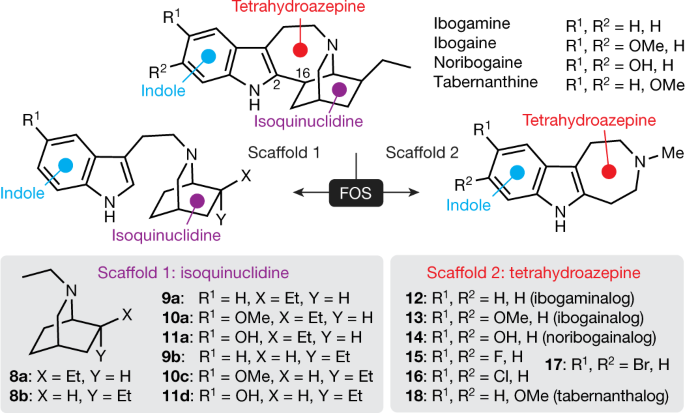- Joined
- Dec 3, 2017
- Messages
- 26,290
- Reaction score
- 16,771
- Gender
- Male
- Political Leaning
- Progressive

New Psychedelic Drug Could Treat Addiction and Depression, Without Hallucinations
Anon-hallucinogenic version of the psychedelic drug ibogaine, with potential for treating addiction, depression and other psychiatric disorders, has been developed by researchers at the University of California, Davis.
A non-hallucinogenic version of the psychedelic drug ibogaine, with potential for treating addiction, depression and other psychiatric disorders, has been developed by researchers at the University of California, Davis. A paper describing the work is published Dec. 9 in Nature.
“Psychedelics are some of the most powerful drugs we know of that affect the brain,” said David Olson, assistant professor of chemistry at UC Davis and senior author on the paper. “It’s unbelievable how little we know about them.”
Ibogaine is extracted from the plant Tabernanthe iboga. There are anecdotal reports that it can have powerful anti-addiction effects such as reducing drug cravings and preventing relapse. But there are also serious side-effects, including hallucinations and cardiac toxicity, and the drug is a Schedule 1 controlled substance under U.S. law.
======================================================
I think many psychoactive drugs, including THC, aid in lowering emotional defenses about trauma in early life. The more conflicts you can resolve using these drugs is a path to psychological freedom from neurosis & anxiety.

